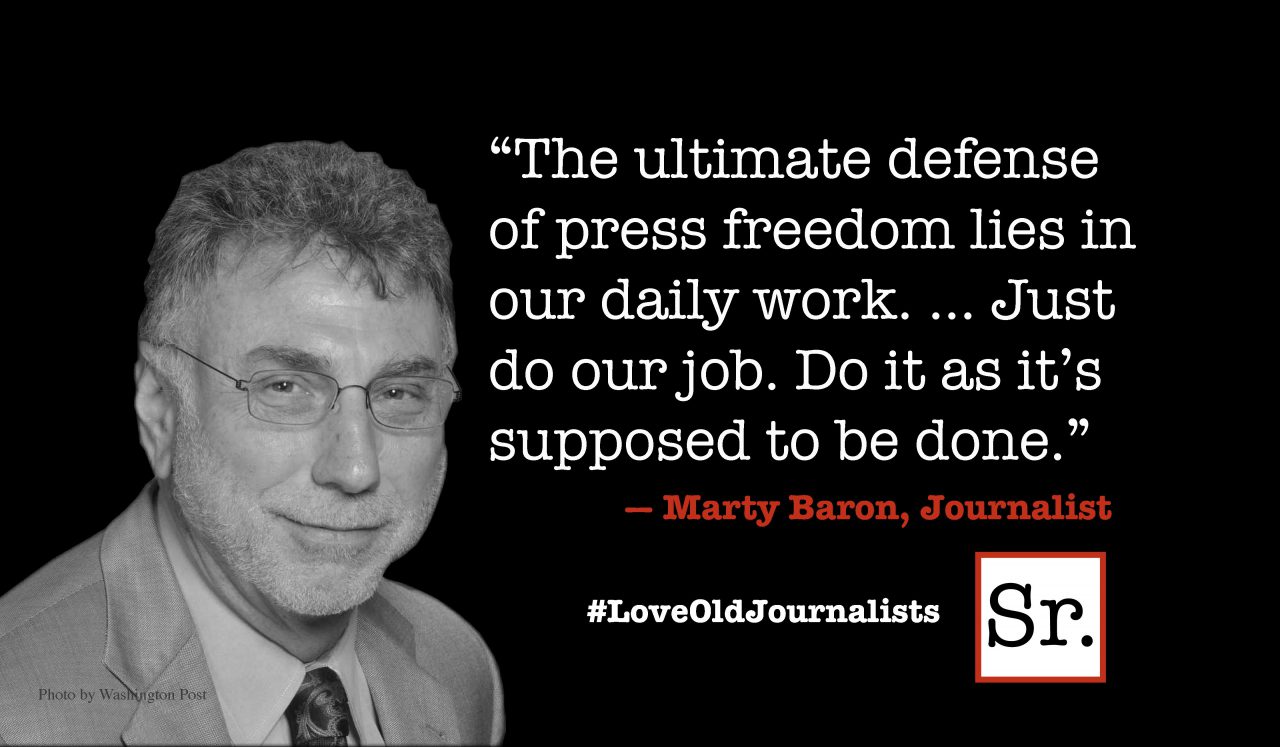Q. I've never been a smoker and I just don't get why people do it. What's the attraction?
Only a non-smoker could ask that question. Every smoker, chewer and sniffer knows how wonderful tobacco can be. I know it's probably not politically correct to say anything nice about tobacco, but it's the truth.
All tobacco products contain nicotine, which is an addictive drug. According to the American Heart Association, the “nicotine addiction has historically been one of the hardest addictions to break.” Nicotine is up there with heroin and cocaine.
What does nicotine do for you? Nicotine:
- Decreases the appetite and helps you keep weight off.
- Boosts mood and may even relieve minor depression.
- Stimulates memory, alertness and concentration.
So why don't we all gobble up nicotine. Because it:
- Increases heart rate by around 10 to 20 beats per minute.
- Increases blood pressure by 5 to 10 mmHg (because it tightens the blood vessels).
- Raises the blood level of blood sugar (glucose) and increases insulin production.
- Increases bowel activity, saliva, and phlegm.
- May cause sweating, nausea, and diarrhea.
- Creates anxiety, irritability, headache, hunger, and a craving during withdrawal.
Nicotine is a substance found in the nightshade family of plants. It kills bugs, therefore it has been used an insecticide. A drop of pure nicotine would kill a person.
Nicotine is named after the tobacco plant Nicotiana tabacum, which was named after Jean Nicot de Villemain, French ambassador in Portugal. Nicot de Villemain sent tobacco and seeds from Brazil to Paris in 1560 and promoted their medicinal use. Nicotine was first isolated from the tobacco plant in 1828 by German chemists Posselt & Reimann, who considered it a poison.
There are several strategies for treating nicotine withdrawal. Nicotine supplements can help. These include gum, inhalers, nasal spray and skin patches. There are also non-habit-forming prescription medications to get off nicotine.
The symptoms of nicotine withdrawal usually go away in less than a week. Withdrawal is the most uncomfortable part of quitting, but the real challenge is beating long-term cravings.
Each cigarette contains about 10 milligrams of nicotine. A smoker gets about 1 to 2 milligrams of the drug from each cigarette.
With each puff of a cigarette, a smoker absorbs nicotine into the bloodstream. In eight seconds, nicotine changes how the brain works. Nicotine stimulates the release of large amounts of dopamine. Dopamine stimulates the brain's pleasure and reward circuit.
The nicotine in cigarettes isn't what kills you. Cigarette smoke is a complex mixture of chemicals produced by the burning of tobacco and additives. The smoke contains tar, which is made up of more than 4,000 chemicals, including more than 60 known to cause cancer. Some of these substances cause heart and lung diseases, and all of them can be deadly.









